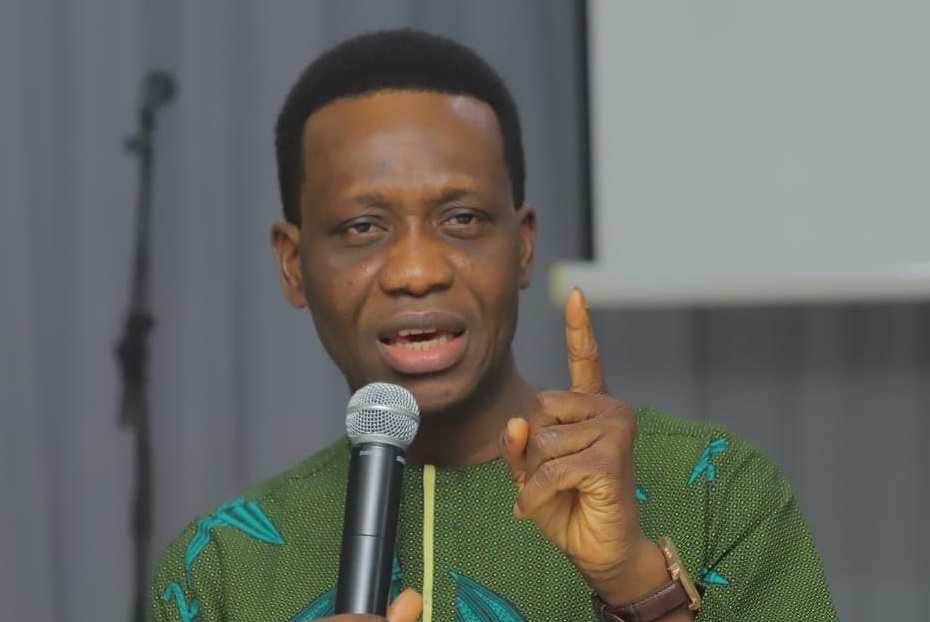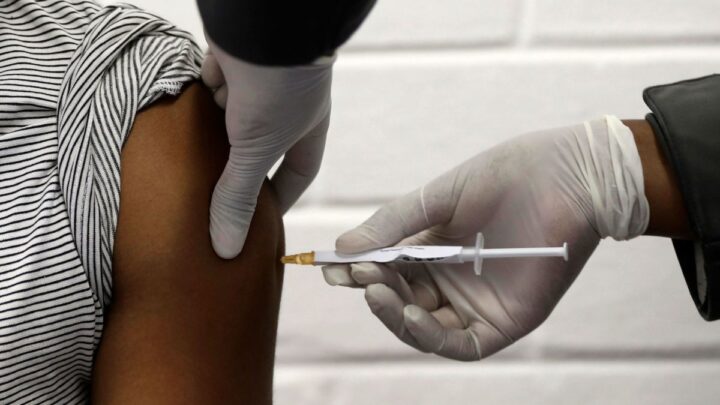VIDEO: ‘I molested her, forgive me’ — Baba Ijesha begs Comedian Princess
I could never get myself to watch the video where Lanre Omiyinka, the actor popularly known as Baba Ijesha, now in the eye of the storm for alleged defilement and molestation of a minor, was caught pants down last week. I do not only consider it an abuse of the rights and psychology of the young lady involved, it also infringes on my own sensibility as a human being and father of children. I would find it repugnant and repulsive to watch that video especially as I had seen the confessional video, which was released earlier.
To clarify though, my objection is ethical than legal. I do not think there could be any question as to the admissibility of this evidence in court. Even though I would have wanted a situation where the foster mother of this girl brought in the police and possibly child psychologists to mitigate the lasting effect that this sting operation may have on the 14-year-old.
As traumatic as it is, the sting operation seems inevitable. Without the video, it would just have been Princess Damilola Adekola’s word against Omiyinka’s and those words would most likely count for nothing. The execution of this plan would however have had more consideration for the child involved, which is what the involvement of law enforcement agents and social workers would have ensured. Accounts of the video that I have heard suggest that it would pass for child pornography; but that is a matter for another day. The objective of this intervention is to suggest that the drama around the sad event and the video that follows it shows a few things about Nigeria’s criminal justice system and the citizens.
Events towards the end of last week indicate very clearly that a significant number of Nigerians have no confidence in the criminal justice system. Reports made the rounds that the police were at the verge of granting Omiyinka bail. The report, which now seems to be false in some material details, also indicated that no case could be established against the accused and that the defilement of the girl seven years ago had become statute barred having not been reported at the time! Immediately, an army of activists arose, identified the report as an attempt to push the matter under the carpet and threatened to rain fire and brimstone on the earth if Omiyinka was granted bail.
Advertisement
This point suggests that the challenge may surpass the entrenched distrust of the system into ignorance of the law and its operation. Some of the arguments put forward on that day suggested that the agitators could not even distinguish between the roles of the police, the attorney-general’s office, and the judge. As a result, the moment news filtered in that the culprit might be released, comments about prospects that a judge might have been bribed started flying around. Now, that is ludicrous because at this time, the police had not even received advice from the Director of Public Prosecutions as is required! Neither do the arguments take cognisance of the fact that judges decide cases based on the quality of evidence presented to them and the diligence of prosecution.
Now, whether the people’s disposition is borne out of disillusionment or ignorance of the workings of the law, it is adversarial to national interest. For as long as Nigeria remains a democracy, the judiciary and all prosecutorial agencies that facilitate its work remain essential ingredients in the development of democracy, the balance of power and the emancipation of the people. Any people who insist on being suspicious or remaining ignorant of the workings of their country justice system are simply not ready to make their country better.
Does this then suggest that the Nigerian judiciary is above board and infallible or that its failings be excused? Absolutely not! If only for the fact that judges are human, they can make errors, sometimes induced, sometimes unintended. But more than that, judicial systems across the world have bad eggs who, by their conduct, inflict disrepute on their calling. It is even more so in Nigeria where corruption has literally become a citizen. Yet, even that does not excuse citizens’ ridicule of the judiciary because its reputation is a good measure of the country’s civilisation, especially as Nigeria does not credit herself with much in most other spheres.
Advertisement
Nigerians must realise that the judicial system is also conscious of its own tendency for imperfections. In democracies like ours, there are hierarchy of courts, with the powers to review cases where a miscarriage of justice is perceived from the lower courts. Even though we find reasons to occasionally query the decisions of courts, Nigerians must also understand, as they advocate a better judicial system, the need to respect the extant procedures including respecting the rights of other people as we would want ours to be respected. If an offence is bailable, we must not arm-twist agencies of the law into continuing to detain people on the basis of our sentiments; the law must always be the law and all citizens must respect it. Without that, we would be calling for anarchy and guilty of what we accuse our leaders for.
The other thing is that when matters come to an end that they got in Baba Ijesha’s case, the mental health of the minor involved must be a priority. While it is gratifying that some of the most vocal voices against Omiyinka’s alleged misdeed are his colleagues in the film industry, activities of the past two week show that people have different motives for their activist roles. However, any agenda that subordinates the young girl’s interest is unhealthy. No intervention should be undertaken without a due consideration on the effect it might have on the victim.
Most importantly however, society must do its best to protect this child and in fact every other Nigerian child from defilement and all forms of abuse that has the tendency to leave them with life-long scars. The way we treat our children, as Nelson Mandela once said, is the keenest revelations of the state of our soul.
Finally, this society must now reconsider its attitude to trying sex-related criminal offences, generally but more specifically as it concerns the defilement of children. True, between the Criminal Code, the Penal Code and the Child Rights Act, there are copious punishments ranging from 12 years to life imprisonment for convicts of sex-related offences, but what is the standard of proof and how often are convictions secured?
Advertisement
For instance, there have been questions as to the sense behind committing an offence by having sex with girls under the age of 13 is bailable and statue-barred when it is regarded as a felony in S. 218 of the Criminal Code Act (2004)
At the moment, ingredients that must be proved before an allegation of rape include: the actual occurrence of sexual intercourse with the victim; that the sexual act was without consent or that the consent was obtained by fraud, force or intimidation, deceit or impersonation; that the victim was not the spouse of the accused; that the accused had the mens rea, the intention to have sexual intercourse with the victim without consent or that the accused acted recklessly not caring whether the victim consented or not and that there was penetration. In addition, some of these ingredients, including in defilement, presuppose the need for corroboration as decided in Iko V. State (2001) 14NWLR(PT.732)195(2001) 7 S.C(PT.11) 115. Worse still, this requirement is not satisfied by an early report of the crime.
So, does this not contribute to the erosion of people’s trust in the judiciary? Maybe, it does but that again is due to lack of understanding. A judge only works with the provision of the laws and so, what Nigerians should clamour with as much vehemence as possible is the review of these laws by the lawmaking arm of government. There is so much work to do to make this country worthy of that name but one of the most critical is the protection of its children from all forms of abuse.
Adedokun tweets @niranadedokun
Advertisement







